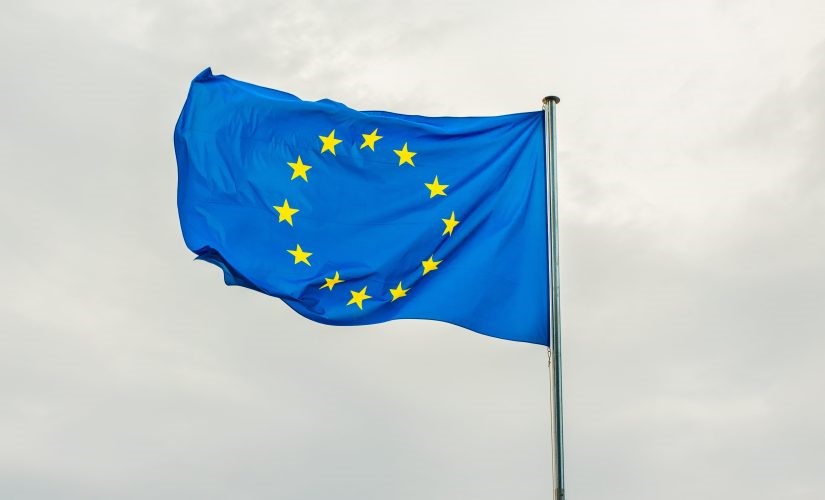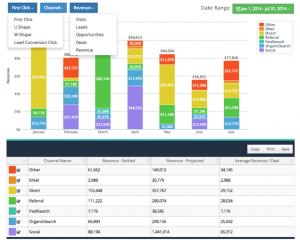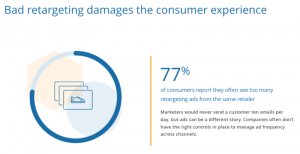EU digital chief advocates for AI Act, countering Macron’s critique

Margrethe Vestager, the EU’s competition and digital chief, has staunchly defended the bloc’s groundbreaking law on artificial intelligence, the AI Act, asserting that it will foster “legal certainty” for tech startups working with AI technologies. This defense comes amid criticism from various quarters, including French President Emmanuel Macron.
Vestager, in her conversation with the Financial Times, emphasized that the EU’s proposed AI Act is designed to enhance innovation and research, not hinder it. The legislation, a first of its kind, aims to provide a clear set of rules for those developing foundational models, which are the backbone of generative AI products like OpenAI’s ChatGPT. These models can rapidly produce human-like text, images, and code.
According to Vestager, who oversees the EU’s strategy for a “Europe fit for the digital age,” the AI Act will create predictability in the market. “If you do foundational models, or if you want to apply foundational models, you know exactly what to look for once it is put into use,” she stated.
Macron’s concerns about the AI Act and the EU’s regulatory approach
The defense of the AI Act follows Macron’s concerns that the legislation might cause European tech companies to fall behind their counterparts in the U.S. and China. Macron warned against over-regulation, suggesting that it could lead to Europe regulating technologies it no longer produces or invents.
This stance potentially sets up a debate over the EU’s new regulatory regime for AI, considered one of the strictest globally. The AI Act, agreed upon this month, still awaits ratification by member states. France, Germany, and Italy are reportedly considering seeking changes to the law or preventing its passage.
The current agreement around the AI Act introduces a two-tier approach. It imposes certain legal requirements on transparency for general-purpose AI models, like those of OpenAI, and stricter requirements for models used in sensitive sectors such as healthcare. Additionally, the Act proposes strict limits on facial recognition technology, except for specific law enforcement uses.
There are growing concerns that the law might deter leading AI companies from operating within the EU. France, a hub for generative AI startups like the Paris-based Mistral, is particularly vocal about these apprehensions.
Vestager acknowledges the challenges European companies face compared to U.S. rivals, such as limited access to venture capital. She believes that regulation alone isn’t the solution but a part of a broader strategy. “Regulation creates trust in the market. Then you have the investment, and of course, you want people to start using [AI technology] because only in that can you really shape it,” Vestager concluded.
The post EU digital chief advocates for AI Act, countering Macron’s critique appeared first on ReadWrite.
(14)






